I’ve only been to New Zealand once and, much as I loved the country, I’ll never be back unless somebody makes Star Trek’s transporter beams a reality.
The flight from Edinburgh to London, then Singapore and – eventually – Auckland felt as though it lasted longer than 27 hours and there are only so many in-flight meals, movies and messages from the captain one can receive before losing the will to live.
Matters hardly improved once we had landed in the Land of the Long White Cloud when, after searching for a domestic connection, a baleful sign at the terminal read: “All services to Dunedin cancelled due to blizzards.”
This was in the middle of June 1996, but, of course, it was the middle of winter in the Southern Hemisphere.
At that stage, I was covering the Scotland men’s rugby tour against the All Blacks, but, in the days ahead, it will be the globe’s best women who will be undertaking the same trip to New Zealand to participate in the World Cup – and, while Murrayfield’s finest will be there, most eyes will be focused on their English counterparts, who haven’t just won their last 25 matches, but are clear favourites to lift the trophy on November 12.
One night have imagined, given the success of England’s “Lionesses”, who swept to European Championship glory during the summer – and ensured the sport could finally proclaim “Football’s coming home” 56 years after the 1966 World Cup – that these proud rugby warriors would be offered the best possible travel arrangements.
After all, the Red Roses have reached the last five World Cup finals, dating back to 2002, and despite losing four of these jousts with New Zealand, won the tournament in 2014, before being edged out 41-32 by the Kiwis in a thrilling encounter at Ravenhill in Belfast in 2017.
They have established records which their much-vaunted male counterparts can only dream about and will kick off their challenge for the Cup against Fiji in Auckland on October 8 – the day before the Scots meet Wales in Whangarei.
Yet, there was something sadly predictable about the news which emerged last week that the RFU is sending their squad to the competition in economy class – which will be damned uncomfortable for anybody with a typical rugby physique.
Why is the women’s squad flying economy?
Even if this was some post-Covid austerity initiative by a governing body struggling to balance the books, it would still be pretty shoddy. But it isn’t.
Eddie Jones and his players flew business class for their tour of Australia in July and the men enjoyed the same privilege in the build-up to their World Cup campaign in Japan in 2019.
So, if it’s good enough for the chaps, what about the women?
The RFU has explained, in what even by their own standards sounded a weaselly defence, that its flight partner, British Airways, does not fly to New Zealand.
The Twickenham set also used up a lot of verbiage explaining the significant funds it has invested in the Red Roses and, no doubt, there will be rugger buggers of the antediluvian tendency who still believe that any cash spent on “wee girls” getting involved in rucks and mauls is a waste of money.
I’ve heard these sort of arguments almost since the advent of women’s rugby and I recall talking to some of the early pioneers of the game in Scotland about the obstacles they faced 30 years ago when the players were effectively paying to represent their country – and, in many cases, doing a fine job in often testing circumstances.
If you’re not involved, you’ve missed the boat…”
– Alex Scott.
Thankfully, matters have progressed since the 1990s, but the economy-class treatment demonstrates that the process is far from finished. In simple terms, England are short odds to dominate the rest of the world, even in New Zealand’s backyard, but here is an outstanding opportunity to showcase the strides the game has taken in recent years.
And yet, for what amounts to peanuts in the grand scheme, the RFU has delivered the message that it regards its team as…well, what exactly?
Second-class? Or, a few notches down the ladder from the Jones boys who will contest their own World Cup next autumn with nothing like the same optimism surrounding their prospects.
Equality journey still carried out on the cheap
I’ve not forgotten the defiant words of former England football star and current TV pundit, Alex Scott, in the aftermath of the Lionesses’ victory over the rest of Europe and the triumphant scenes which followed their nerve-shredding win against Germany.
While Wembley hosted the final and Old Trafford was the venue for a curtain-raiser, several Premier League clubs rejected the opportunity to play host to matches. They had bigger fish to fry, or at least until the event proved a resounding success.
Scott said: “I’m not standing up at corporate events in front of sponsors anymore begging for them to get involved in the women’s game because you know what? If you’re not involved, you’ve missed the boat, you’ve missed the train.
“Because look at this….it has finally left the station and it is gathering speed.”
Unfortunately, there are still too many companies and sponsors who wait for the plaudits to arrive before making commitments.
We might have advanced from the days when Liz McColgan lost a major deal after confirming she was pregnant.
But, too often, the journey for equality is still being carried out on the cheap.
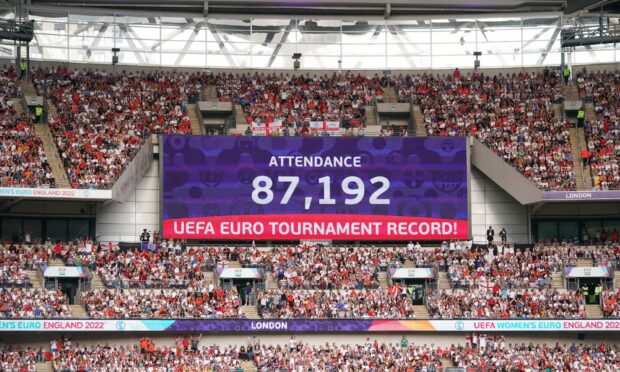
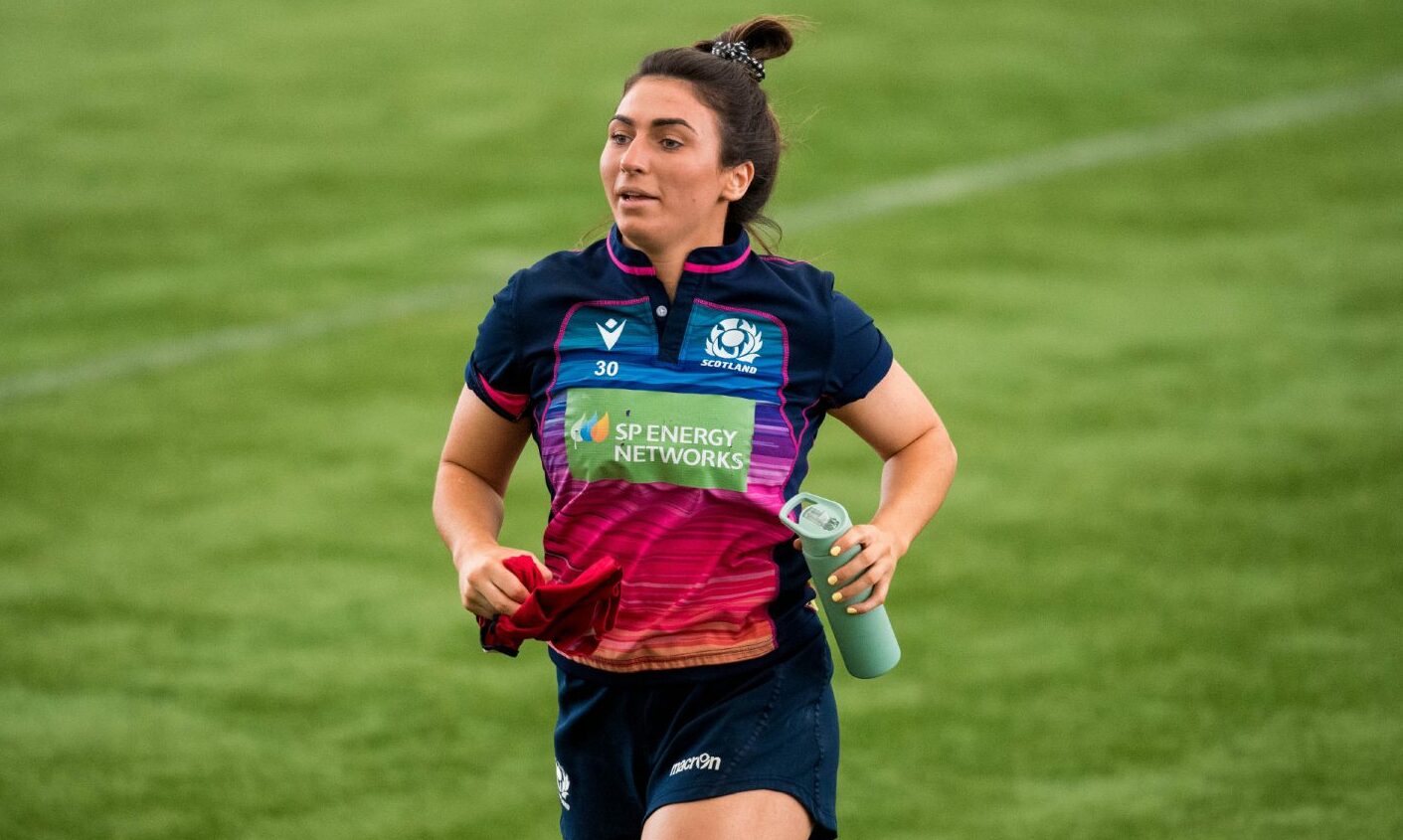
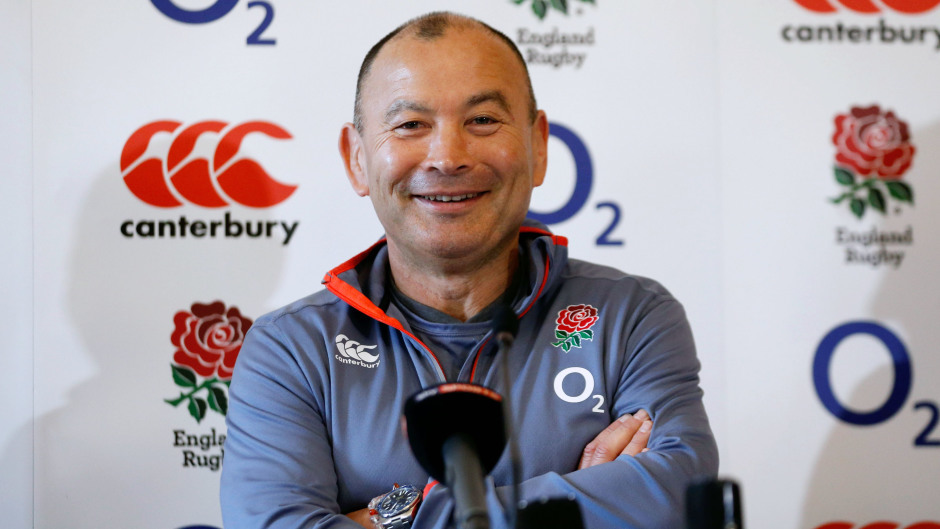
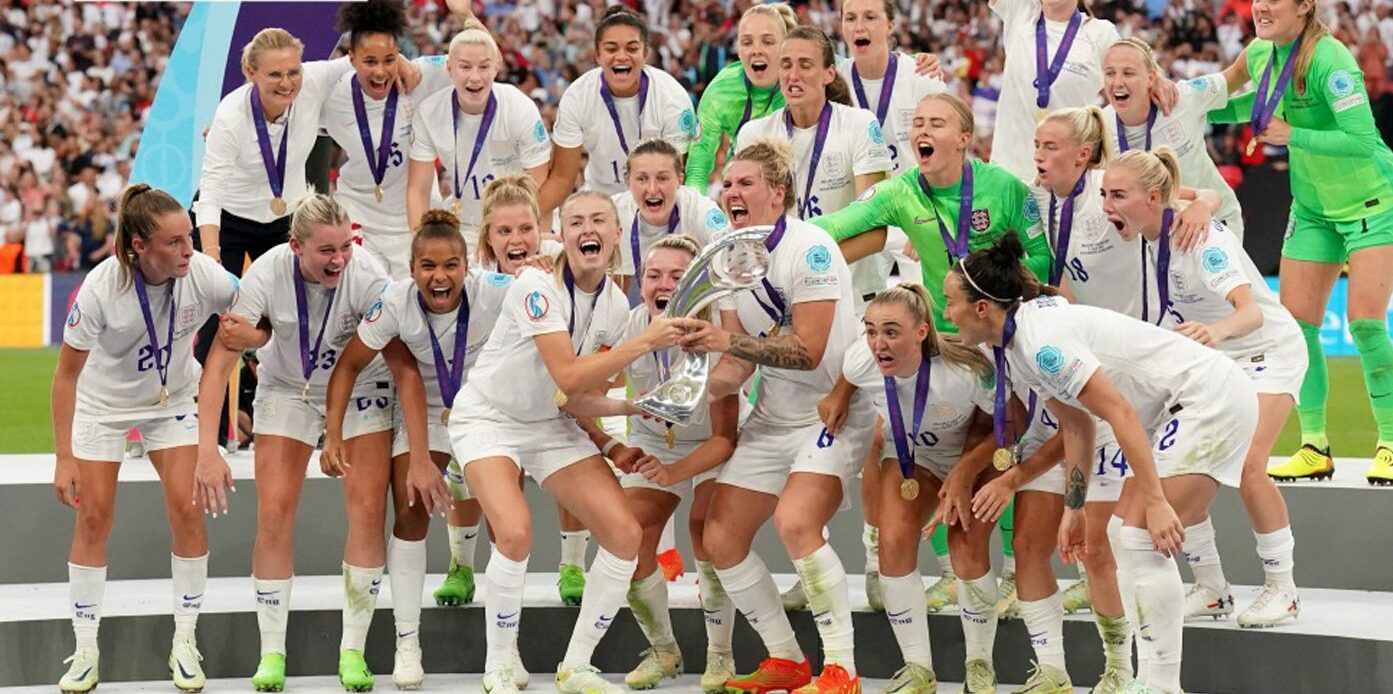
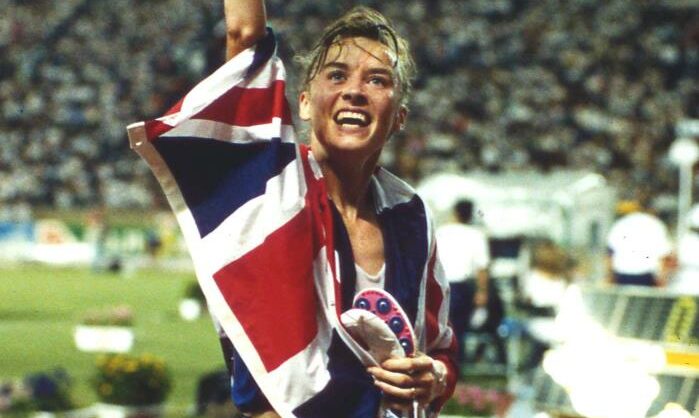
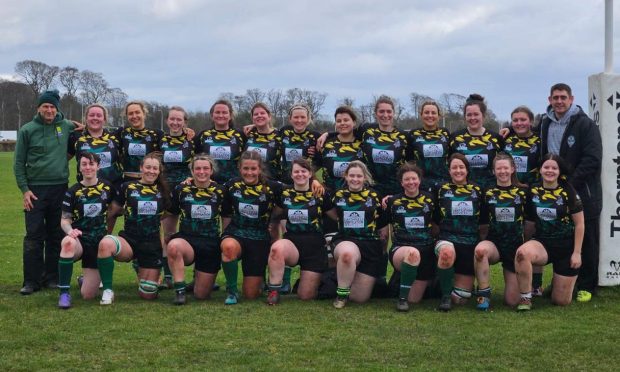

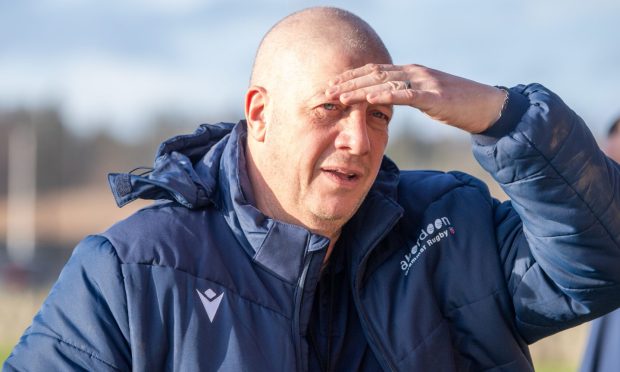
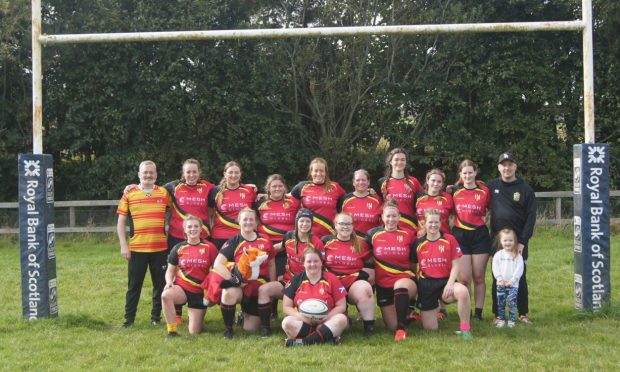

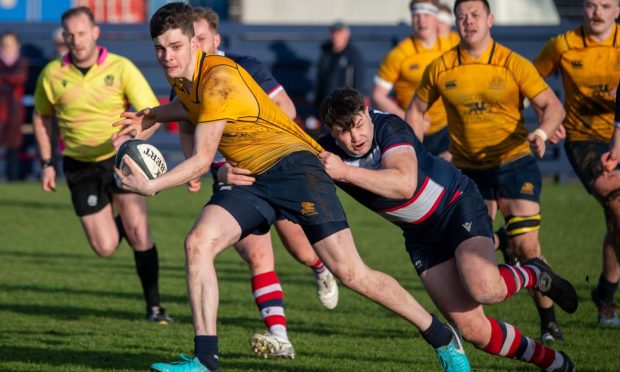
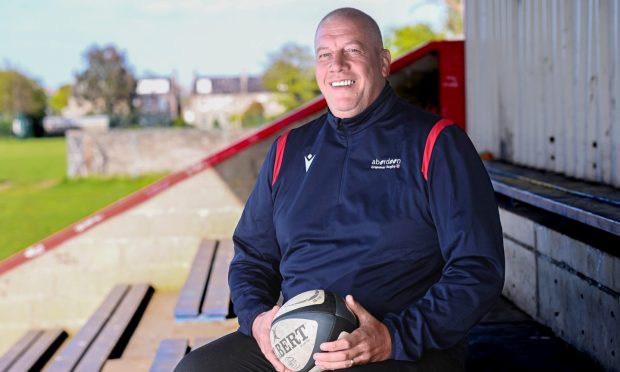
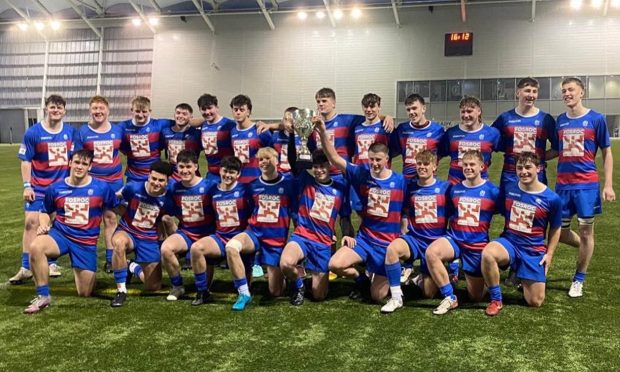
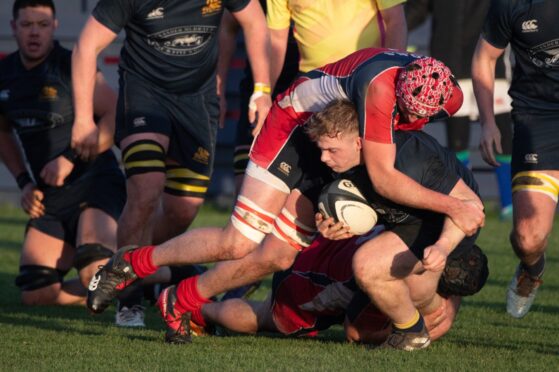
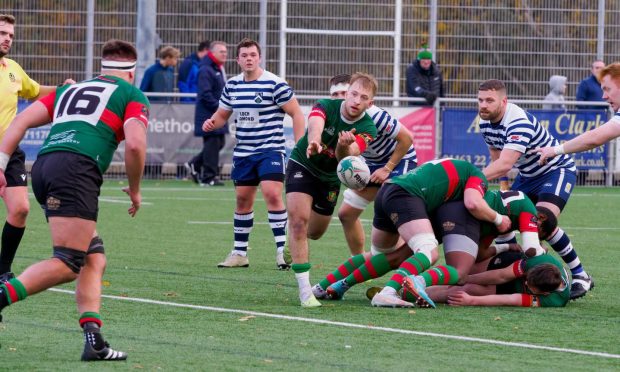
Conversation